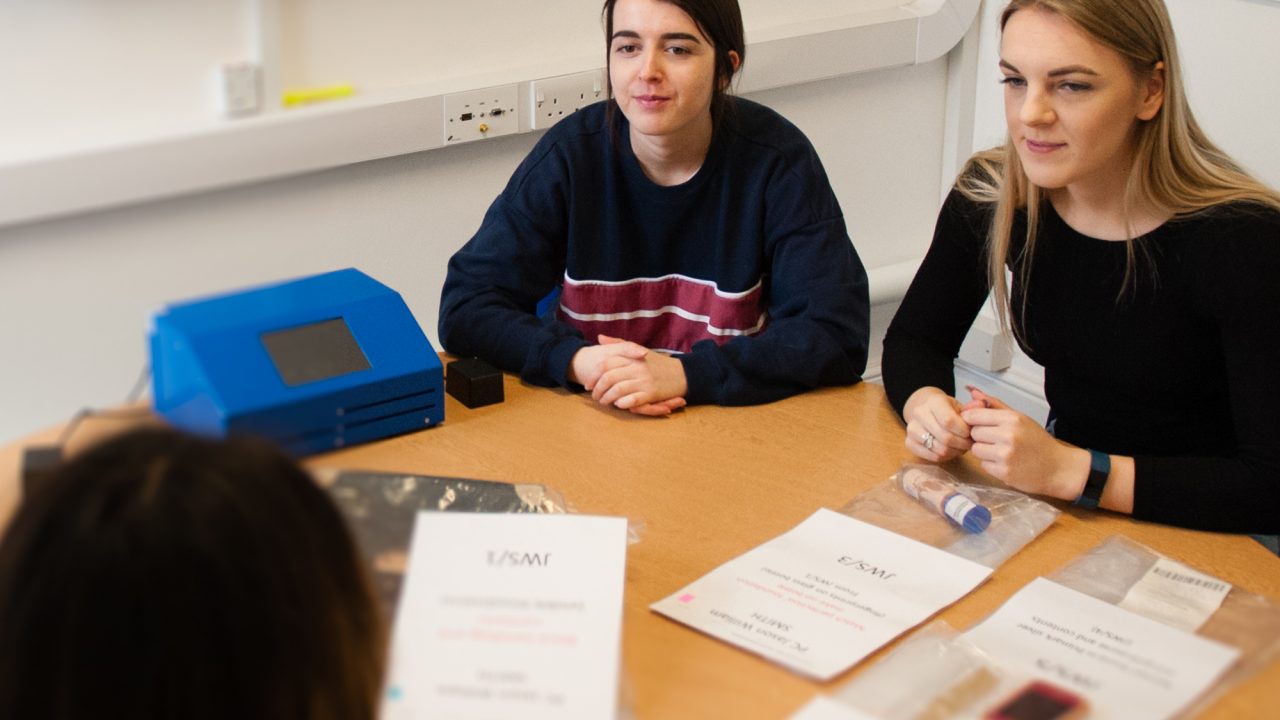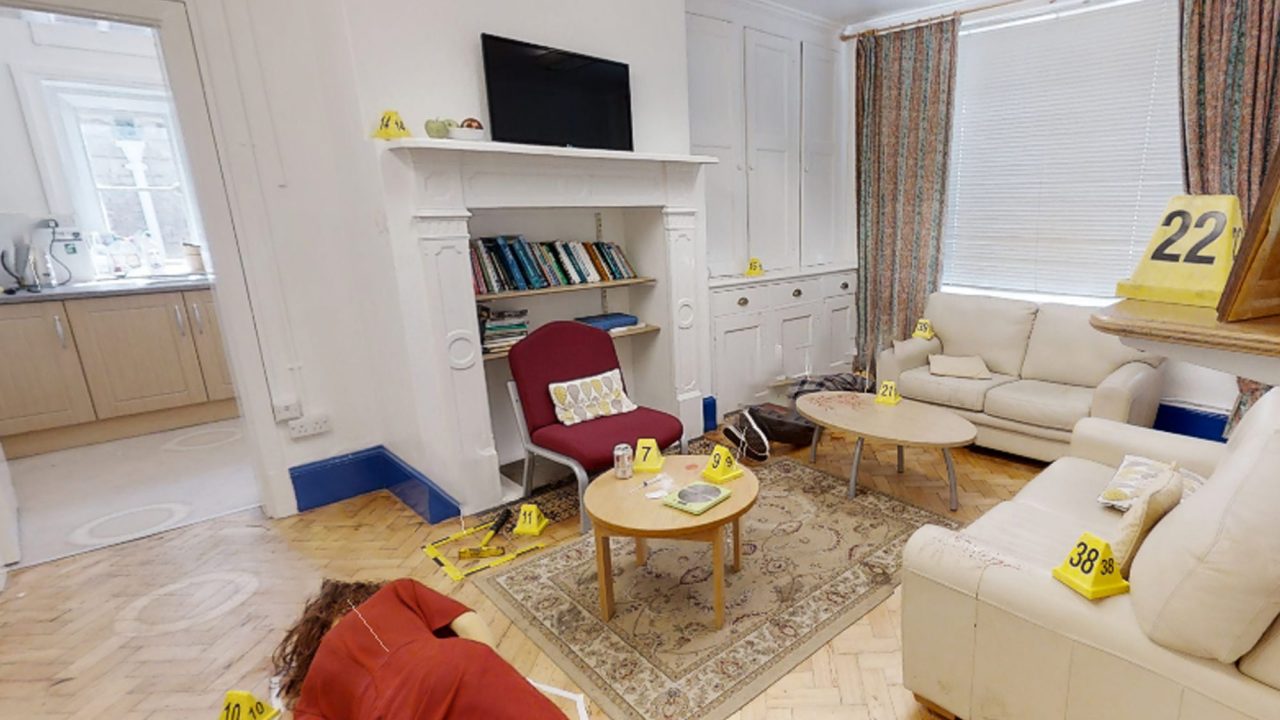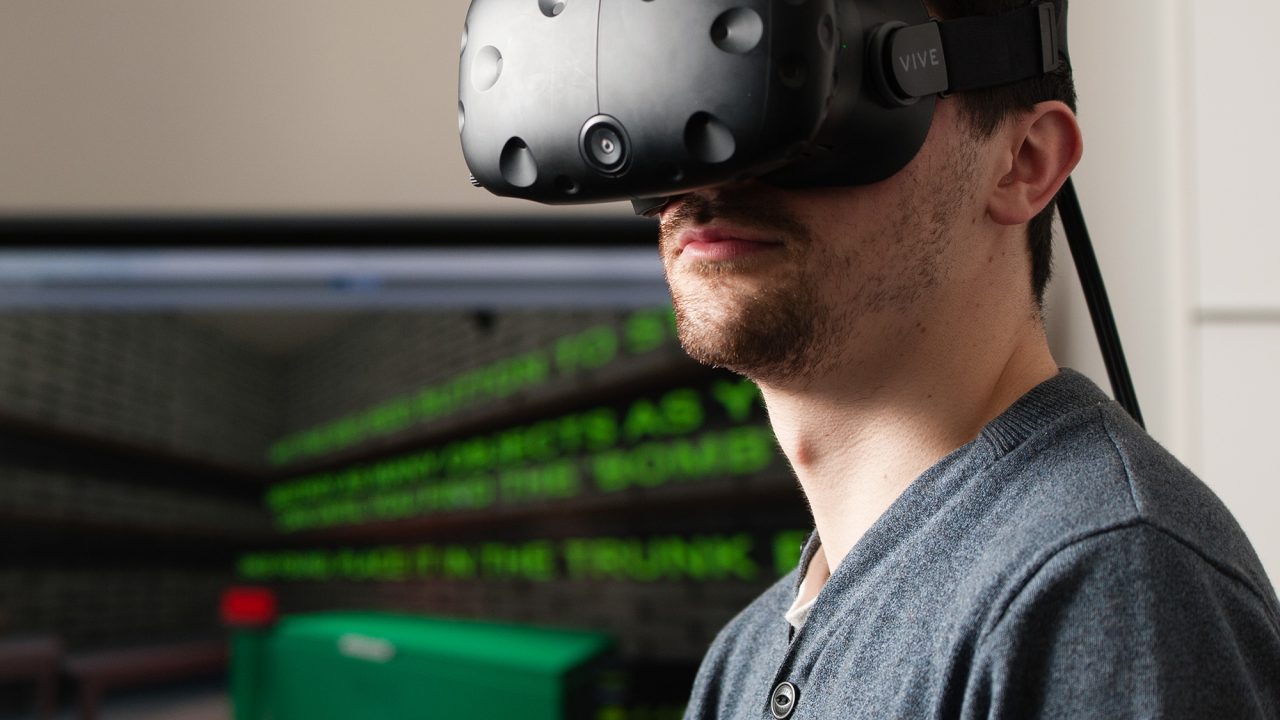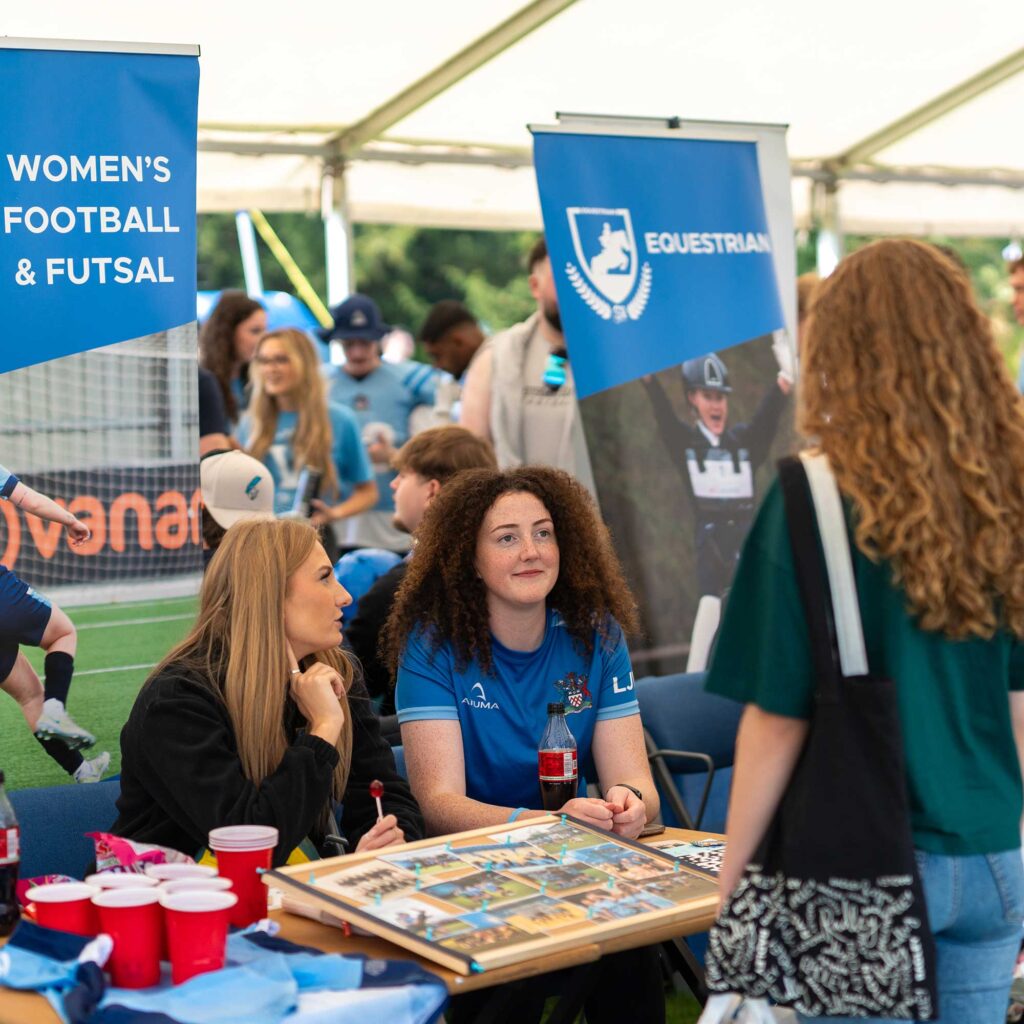Placements
By the time you graduate, you’ll have established a competitive CV to complement your degree.
Choose between a 75-hours Internship module and/or our full-time year-long placement as part of the 4 year course option. Volunteering with career-relevant organisations is also encouraged.
Social Science staff and our Student Futures Team support our students in finding their placements.
Examples of organisations our students have completed internships/placements with are:
- GRASAC (Gloucestershire Rape and Sexual Abuse Centre)
- Victim Support
- Private security companies
- The Police
- PACT (Prison Advice and Care Trust)
- Langley House Trust
- Local Authority – Violence Against Women
- Local Refugee and Asylum Seeker Group

Trips
Within the social sciences there are many one-day field trips relevant to particular modules, including, for example:
- Bristol M-Shed Museum
- Art exhibitions showcasing working-class local heritage
- Gloucester Cinema (hosting speakers from the Police and Special Constabulary)
- Cheltenham Magistrates Court
- Coroners Office
- Graffiti walking tours
- The Bristol and Oxford Career Fairs
We’ve run many residential fieldtrips to destinations including Newquay, Sicily and Northern Ireland, and students currently have the opportunity to visit Bosnia.

Experiences
Multi-disciplinary team work is expected with the social sciences to gain experience of this vital employability skill.
During Cheltenham Race Week, first year Criminology, Sociology, Criminology and Sociology, Sociology and Law and Criminal Investigation students engage in real-world fieldwork, completing ethnographic observations on crowd dynamics; the role of community support services; and police response in a real-world setting.
This hands-on experience provides invaluable practical application of theoretical concepts. Students also engage ethically with local businesses and residents, to understand their experiences of community safety at this spectacular crowd-attracting festival.
Criminology students can also expect to work in multi-disciplinary contexts with forensic psychology, and criminology and psychology students.















; ?>)